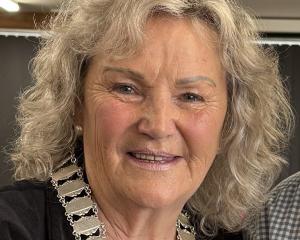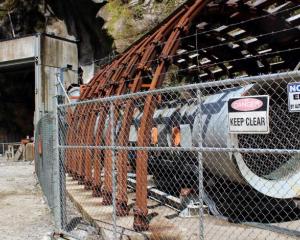
After a remarkable incubation journey, "Cesi" — named after an Italian town as part of a special sponsorship — hatched naturally early Sunday morning, only a day after the Ambassador Penguin Encounter opened alongside the wildlife centre.
Cesi’s journey began when the egg arrived on September 24, weighing 337.2gm and estimated to be 57 days old.
The egg was placed in the centre’s specialised incubation facility, where it spent 22 and a-half days in the incubator before finally hatching as a strong, healthy 260.7gm chick.
Wildlife centre manager Devon Collins said every hatching was a moment of joy for the team.
"The Haast tokoeka is the rarest kiwi on the planet — so welcoming Cesi into the world is something truly special."
Haast tokoeka are found only in a small area near Haast (between the Waiatoto and Arawhata rivers), with an estimated wild population of about 500 birds.
Te Rūnanga o Makaawhio holds collective mana whenua status over the area where the main population of Haast tokoeka live — a connection that reflects the cultural and ecological significance of the taonga.
The Department of Conservation (Doc) actively manages the Haast tokoeka population, running landscape-scale predator control operations to reduce the number of stoats, the main predators of chicks in the wild.
Operation Nest Egg has been one of the essential techniques in bringing the Haast tokoeka population back from the brink of extinction.
Eggs are lifted from nests in the forest to protect the chicks from stoats and are hatched safely at the West Coast Wildlife Centre and Willowbank Wildlife Reserve.
Before chicks reach a size where they can fend off predators, they are transferred to Orokonui Ecosanctuary, in Dunedin, or predator-free islands, to grow before being released back into the wild at Haast — giving them the best possible chance of survival.
"We’re incredibly proud of the work being done here in Franz Josef Glacier," West Coast Wildlife Centre director Richard Benton said.
"Each chick gives this special species a stronger chance of survival.
"Cesi’s hatch is a milestone moment for our dedicated team and our conservation efforts."
By Janna Sherman












